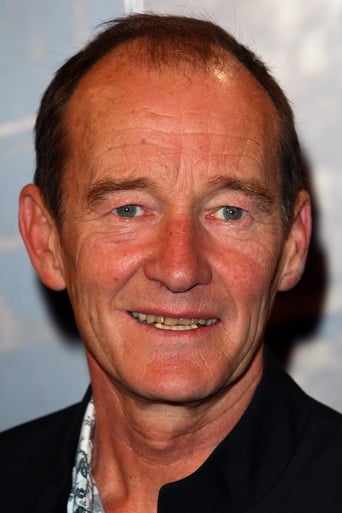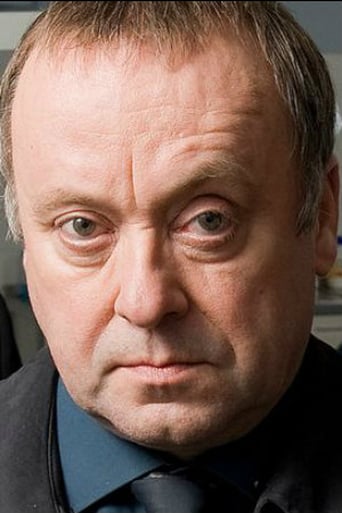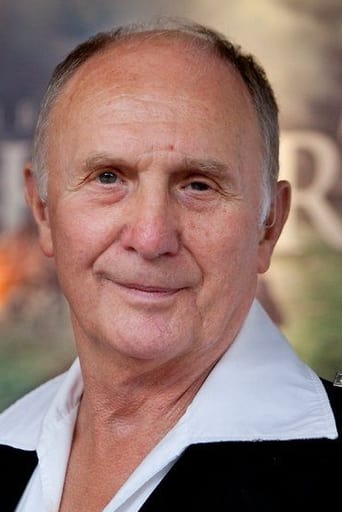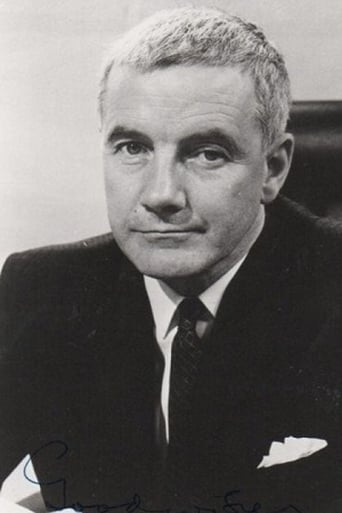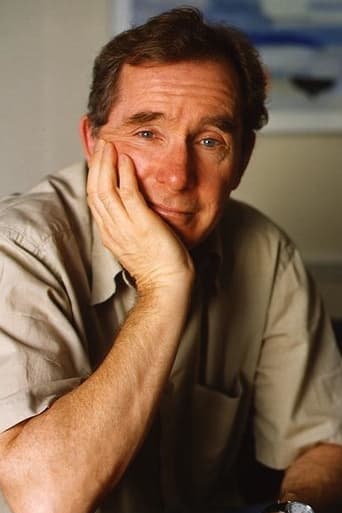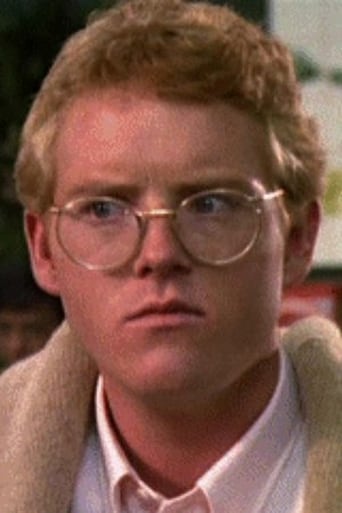Lovesusti
The Worst Film Ever
AniInterview
Sorry, this movie sucks
Curt
Watching it is like watching the spectacle of a class clown at their best: you laugh at their jokes, instigate their defiance, and "ooooh" when they get in trouble.
Dana
An old-fashioned movie made with new-fashioned finesse.
drublecube
Although the video description is a little misleading as it suggests Jimmy Boyle was an innocent man, the movie, based on Jimmy's autobiography, tells the story of Jimmy's life as a brutal gangster and is amazing from beginning to end. There's a lot of violence and a lot of blood, but some very emotional moments as well which make you re-evaluate your opinion of a person.After terrorising people for ages, eventually Jimmy starts to get a taste of his own medicine - but this guy is too hot to handle.The emotions are raw in this movie and though there is some music, none is needed. The lack of music adds to the intensity of the film and David Hayman's acting as the star of the movie is better than brilliant - he shows us pure evil, anger, sadness, and compassion, and every emotion seems as real as the other.People say that beatings work against criminals so they think such violence should be used as a deterrent - this film proves exactly THE OPPOSITE - when Jimmy is treated like a human instead of being beaten, there is a drastic change which leads to him running a rehabilitation centre and preaching against gangs and violence.The fact that VIOLENCE DOESN'T WORK AS A DETERRENT is what this film proves, evidenced by a man who's suffered loads of it.Jimmy's 'sense of freedom' is when he is treated like a human instead of being beaten.
Theo Robertson
Being 13 years old in 1979 meant three TV channels , no videos , no X certificate movies and strict guidelines as to what was shown on television. In other words 13 year old schoolboys were sheltered as to what they saw in those days so when A SENSE OF FREEDOM was broadcast it caused a massive stir at school with it being the main topic of conversation due to its depressing violence and strong violence " This place is a f***in' sh**house " " Shut it ya f***in' pr*ck " " Hey did did you see that bit where Boyle gobbed on the cop at the police station ? " Perhaps the most memorable scene at the time was Fulton Mackay best known for his comedy role in PORRIDGE moaning that " It's always raining in f***in' Greenock " which was quite shocking , and A SENSE OF FREEDOM was rather shocking and depressing at the time I haven't seen it since then but I did read the book in the mid 1980s and have to say this adaptation doesn't really do the book justice . Okay there's a massive amount of scope involved in Boyle's book that takes place from his childhood to his time in Barlinne special unit so I guess I shouldn't complain too much since it must have been near impossible for Peter McDougall to adapt , but the book itself is totally compelling giving a brutal insight as to what it's like to serve a life sentence in the Scottish penal system at the time . Most disappointingly the film version ends with Boyle's arrival in the special unit , in the book if memory serves me right this happens about two thirds of the way through and Boyle is shocked when the penal system treats him like a human being . I can't help thinking A SENSE OF FREEDOM ( Film version ) would have worked better if it concentrated a bit more at the end on the special unit thereby giving the screenplay a more obvious redemption plot A couple of other points about crime and punishment in Scotland since A SENSE OF FREEDOM.... Scotland now has it's own devolved parliament where it's elected members bend over backwards to accommodate the rights of convicted criminals in prison . There's several prisoners ( Including sex offenders ) taking the Scottish parliament to the European Court Of Human Rights at the moment claiming that because they don't get enough recreation their rights have been abusedThe Gorbals estate where Boyle and his cronies grew up is now a desolate wasteland full of drug addicts . It's always been a rough place but in the days of Boyle and razor gangs and NO MEAN CITY the gangs would stick to their own . There's no such honour nowadays as woman and old age pensioners are seen as fair game for a mugging . This isn't something I read about either since my brother used to live in the GorbalsThe special unit was closed down several years ago as it was seen as a case of " The lunatics running the asylum "
j-scott33
A brutal Man. A brutal system. This is the true story of hardman Jimmy Boyle based on the tough streets of the Gorbals in 1970,s Glasgow. A hard hitting story of a man who,s loan sharking and racketeering eventually leads him to prison where his anti authoritarianism is met with rough justice by the prison wardens. This low budget film proves that money and special effects need not be the key in mastery
simon-118
Peter McDougall, British televisions most unfllinching writer, skilfully avoids making this a message-movie or an adaptation in a traditional sense. It is partly fictionalised, as it is not a story about criminality, it is about Boyle, a man with a will of iron who defies all society's attempts to dispose of him, and eventually reforms through compliance not defiance. David Hayman is very convincing and there's a wonderful cameo from Hector Nichol as a gatecrasher at a party. The violence is noticeably a long time coming. McDougall never needs to throw as many shocks in as possible, but brings in whatever is needed when it is needed. The icing on the cake is Frankie Miller's score and John McKenzie again showing he can film violence more truthfully than any other director. Wonderfully honest for STV, the emotion reaches more grim levels than McDougall's previous BBC works. Hayman plays the death of his mother and his contemplation of suicide beautifully, but most impressive is his curled up, wounded animal figure on the cell floor saying his name over and over again. This is the way to make a television film.

